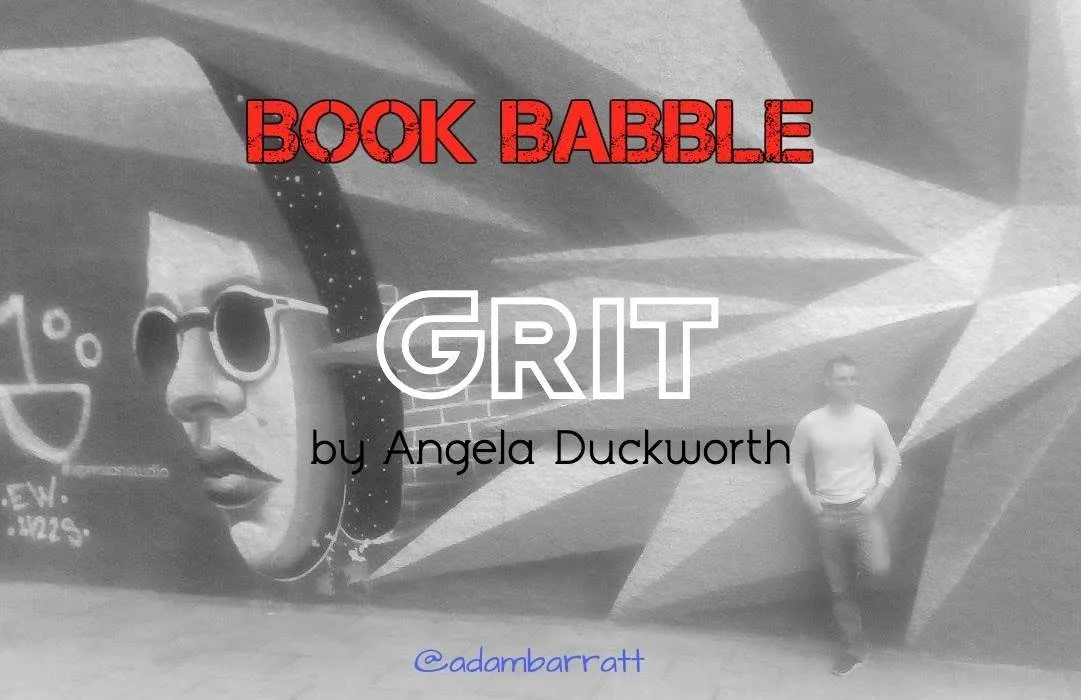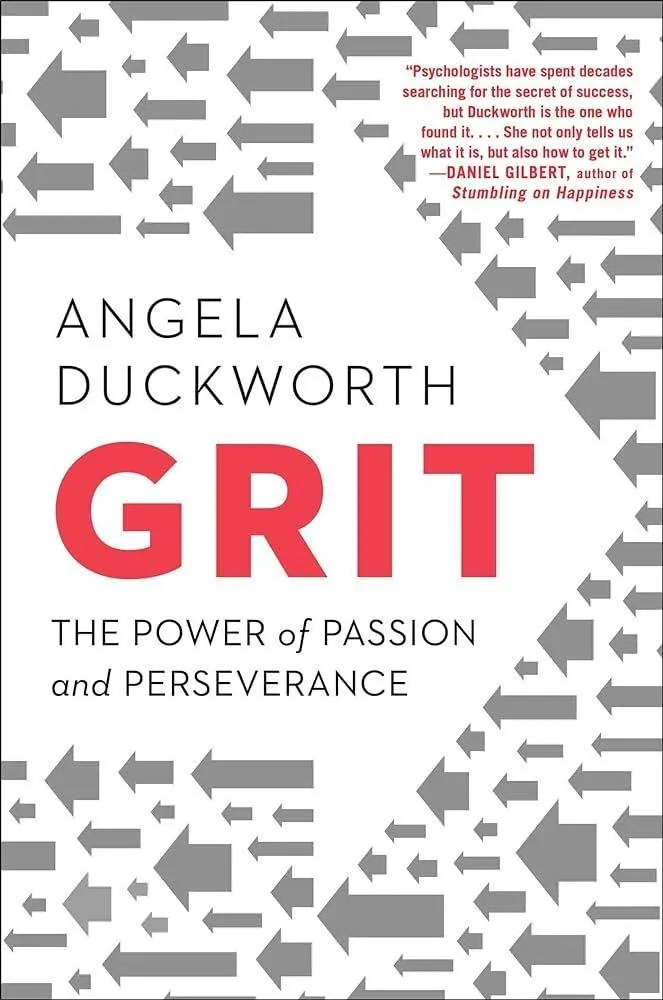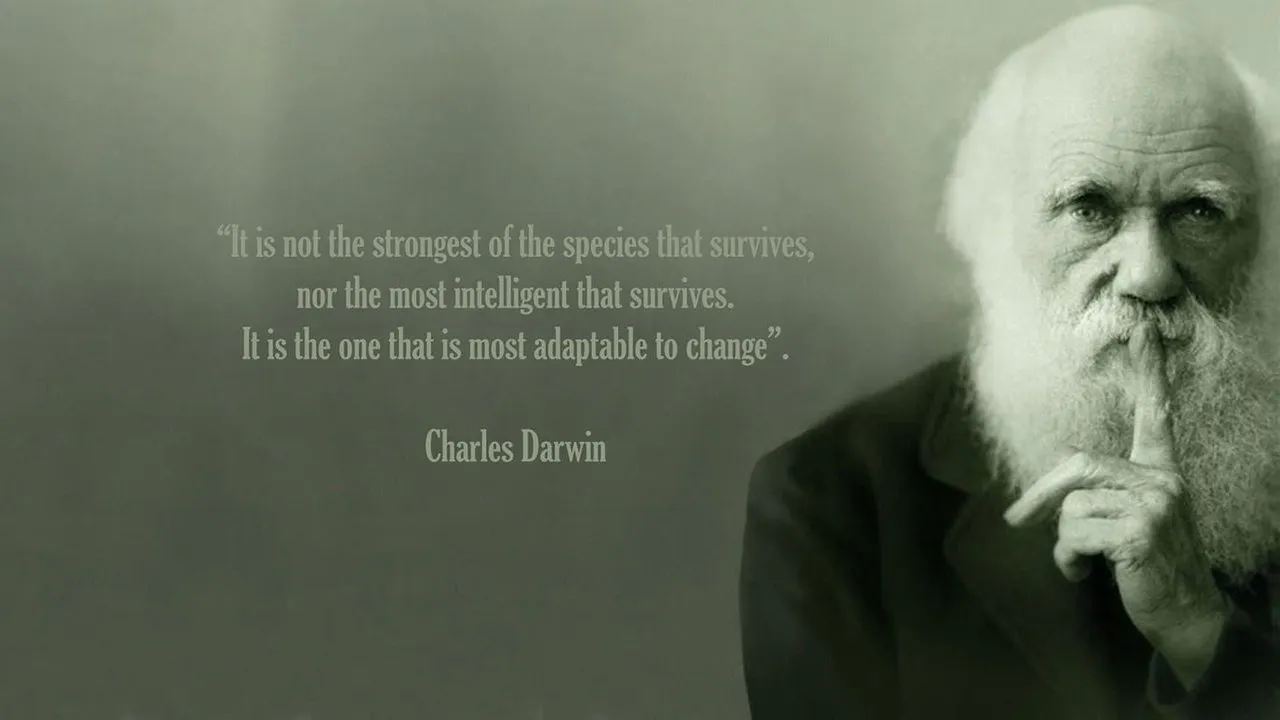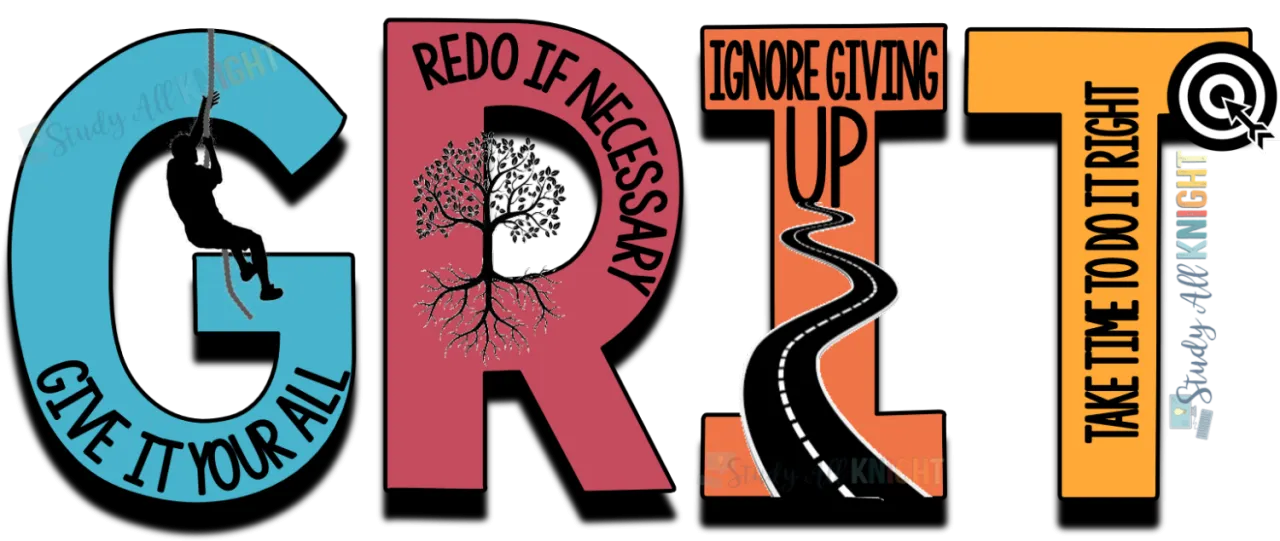Why passion, perseverance and resilience are the keys to success…

Here we have a gritty little number from a psychologist and researcher who essentially created this particular field of study, and is the leading expert in this area… that being Grit.
We've heard the word I'm sure, but what does it really mean in this context and what can we glean from Duckworth and the book?
Well, there's a lot going on here and much discussed but it all boils down to perseverance – continuing doing what needs to be done long after the initial excitement has worn off and setbacks appear.
The question becomes then, how can we cultivate more of that for ourselves?
Let's see what Angela has to say…
Great quotes from the book followed by my thoughts…
“The first ten thousand pots are difficult,” he has said, “and then it gets a little bit easier.”
Talking to a potter; a true craftsman. Anything to start with is quite difficult and then things get easier and more enjoyable as you master it. Of course there may be a plateau but you feel more at ease as you go.
Point here is it may well take a while to get to some sort of competence and you need to keep going past the initial stages to ever get there and see what's truly possible.
Cal Newport talks about this in So Good They Can't Ignore You.
The only thing that I see that is distinctly different about me is: I’m not afraid to die on a treadmill. I will not be outworked, period. You might have more talent than me, you might be smarter than me, you might be sexier than me. You might be all of those things. You got it on me in nine categories. But if we get on the treadmill together, there’s two things: You’re getting off first, or I’m going to die. It’s really that simple.
A quote from Will Smith. Making a decision about who you are and how it's going to be, then doing everything necessary to win… and not stop until it's done. This will separate you from the majority by far.
Eighty percent of success in life is showing up
Maybe even more. People drop out along the way, so just by virtue of showing up and still being there, you will outlast most. Then there's plenty to do in that last 20% for sure, but continue doing what you need to do and some sort of success is inevitable.

grit is more about stamina than intensity.
Actions over the long-haul rather than occasional big hits. A marathon not a sprint may be an apt saying. Keeping on keeping on with consistency more important than intensity.
Grit has two components: passion and perseverance.
The crux of the book right here. Having that passion and true interest in something (and maintaining/growing it), then persevering potentially forever… or at least until you get to where you want to be.
high achievers often talk about commitment of a different kind. Rather than intensity, what comes up again and again in their remarks is the idea of consistency over time.
It goes back to the earlier point of consistency over intensity. Continually doing 'the thing' over and over, over years, rather than a short burst here and there (and maybe giving up completely).
Enthusiasm is common. Endurance is rare.
People get all enthusiastic at the start and dive right in. Then reality and work sets in, the boring, the mundane, the mistakes and slow improvements etc. It's very easy at that point to step away, or do it less and less, or even give up entirely. You may see a new shiny object and start the whole process all over again with something else!
“A clear, well-defined philosophy gives you the guidelines and boundaries that keep you on track”
A set of rules, morals, creed, or just general philosophies that guide you. This doesn't have to be harsh but a code of conduct that you can follow, and then refer back to if you get off track.
It’s as if the highest-level goal gets written in ink, once you’ve done enough living and reflecting to know what that goal is, and the lower-level goals get written in pencil, so you can revise them and sometimes erase them altogether, and then figure out new ones to take their place.
Bigger, longer term goals, and the short term objectives that feed in. You need to have experienced enough to know what you want (and of course that can change over time) but it should be fairly set once you've decided on your direction.
Then the smaller ones gan be revised to fit in with your larger vision as things change, you change or more information comes to light.
One of the mottos of the Green Berets is: “Improvise, adapt, overcome.”
We are adaptation machines, and I'm sure Charles Darwin had something to say about that too. You have to move with the punches as necessary, and win out in the end.

if you scored people a century ago against modern norms, they would have an average IQ score of 70—borderline for mentally retarded. If you scored people today against the norms of a century ago, we would have an average IQ score of 130—the typical cut score for mentally gifted programs.
I'm not sure about all that but I'll take their word for it. Interesting though, although some might say there are a few 'retards' kicking about in these modern times.
In other words, we change when we need to. Necessity is the mother of adaptation.
Necessity isn't so much the mother of invention… but adaptation. Not much difference really, but when you have to do something, then it's amazing what can be done!
Three bricklayers are asked: “What are you doing?” The first says, “I am laying bricks.” The second says, “I am building a church.” And the third says, “I am building the house of God.” The first bricklayer has a job. The second has a career. The third has a calling.
Different attitudes to the same thing. One has got a shitty job, another has something a bit more compelling and pragmatic, the last is part of a huge vision involving himself and the world and tapping into a spiritual connection.
All of us, Terkel concluded, are looking for “daily meaning as well as daily bread … for a sort of life rather than a Monday through Friday sort of dying.”
We're all looking for 'something more'. Although most people don't really know what that is. Everyone needs to have meaning as well as just going through the motions, or else what's the point? Perhaps there isn't one, but that's outside the scope of this book ;)
There’s an old Japanese saying: Fall seven, rise eight.
That's persistence right there. Each time you fall you get back up again. Yeah, it's cheesy, but if you actually do it then you just keep going and you're going to get somewhere and never be fully defeated.
That alone will stand you in good stead when most others just roll around on the floor after the first fall, never to be seen on their feet again. And those that do, you'll lose most by the fifth time.
Point is, you'll do just fine if you just get up, brush yourself off, and go again.
Author and activist James Baldwin once put it this way: “Children have never been very good at listening to their elders, but they have never failed to imitate them.”
Kids (and adults for that matter) imitate what they see around them. That's why early influence is so important. They don't listen as such but they will copy and emulate.
This goes all through life, as we do tend to take on the behaviours of those we associate with. As the old saying goes, actions speak louder than words.
“What doesn’t kill me makes me stronger,” Nietzsche once said.
Oldie but a goody. I'll keep ol' Friedrich in there as everything leads to building you up. Unless it does kill you of course, then this is all irrelevent anyway.
So much of sticking with things is believing you can do it. That belief comes from self-worth. And that comes from how others have made us feel in our lives.
Belief is everything. It's a case of building that self-worth so we fully (and deeply) believe, and then act accordingly.

Thanks Angela! Anything Else?
Amazing book if you're in to the nitty-gritty (pun half intended) and like to delve deep into research and why things are as they are. A bit heavy going and involved if you want a lighter read.
As with a lot of similar material, it can be summed up quite easily, and we all know these concepts and how and why they're important for success and achievement (and feeling good ultimately).
This takes a deeper dive into the psychology, with case studies to hammer the points home. You'll leave with a deeper understanding of what it takes to 'make it' and what drives us to do what we do (and don't do).
For me, I'm not as in to all the background stuff, but in how it can be applied. However, there are many who like to get down and dirty, and see all the cogs and wheels, and to those then they really need to have a look at this book.
And who doesn't want to build more passion, persevere with their goals and ideas, and be more resilient in the face of adversity?
Check out this Thread which has a few reviews of this book, along with a TED Talk from the author:
@adambarratt/re-leothreads-n8o4w3xd
First image my own, others linked to source
- 1-50: First 50 BookBabbles
- 51: THE DAILY STOIC - Ryan Holiday
- 52: MAKE TIME - Jake Knapp & John Zeratsky
- 53: GRIT - Angela Duckworth
- 54: WHAT I TALK ABOUT WHEN I TALK ABOUT RUNNING - Haruki Murakami
- 55: THE PURSUIT OF PERFECT - Tal Ben-Shahar
- 56: THE SLIGHT EDGE - Jeff Olson
- 57: CONTAGIOUS - Jonah Berger
- 58: THE RICHEST MAN IN BABYLON - George S. Clason
- 59: THE 5 AM CLUB - Robin Sharma
- 60: THINK LIKE DA VINCI - Michael Gelb
- 61: INFLUENCE - Robert Cialdini
- 62: THE ONE THING - Gary Keller
- 63: THE 12 WEEK YEAR - Brian Moran & Michael Lennington
- 64: THE POWER OF YOUR SUBCONSCIOUS MIND - Joseph Murphy
- 65: THE UNTETHERED SOUL - Michael A. Singer
- 66: ON WRITING WELL - William Zinsser
- 67: PRINCIPLES - Ray Dalio
- 68: HYPERFOCUS - Chris Bailey
- 69: THE OBSTACLE IS THE WAY - Ryan Holiday
- 70: EXTREME OWNERSHIP - Jocko Willink & Leif Babin
- 71: KNOWN - Mark Schaefer
- 72: THE LAST LECTURE - Randy Pausch
- 73: THE FIVE PEOPLE YOU MEET IN HEAVEN - Mitch Albom
- 74: FOUR THOUSAND WEEKS - Oliver Burkeman
- 75: THE ART OF TAKING ACTION - Gregg Krech